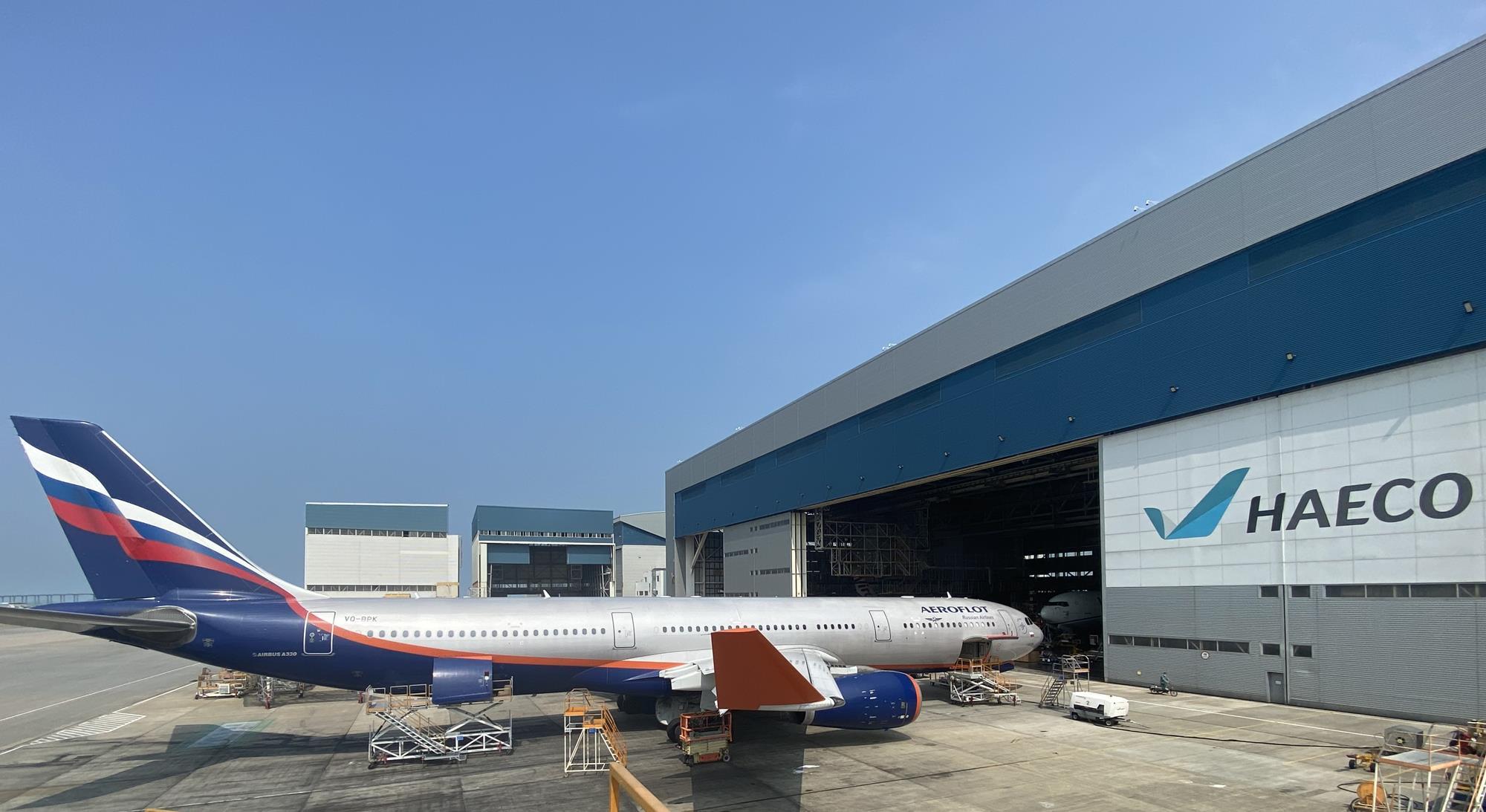The American Aircraft manufacturer has announced that it was suspending parts, maintenance, and technical support for Russian airlines in the wake of Russia's invasion of Ukraine.
Yesterday, The U.S. government announced that it closed its airspace to Russia. Most of the European countries and Canada also banned Russian aircraft from their airspace days before.
Boeing's made the announcement late on Tuesday as many aircraft and engine manufacturers, lessors, and MRO stopped their services to Russian companies in wake of the sanctions imposed against Russia.
Airbus said on Wednesday, Mar 2 that it had stopped sending spare parts to Russia and supporting Russian airlines, but was analyzing whether its Moscow engineering center could keep providing services to local customers under Western sanctions.
The Airbus Engineering Center in Russia was set up in 2003 under a joint-venture between Airbus, Systema Invest, and the Kaskol group and employs 200 Russian engineers.
Global engine, spare parts, and components manufacturers for aircraft have notified Russian airlines of the suspension of cooperation.
In particular, CFM International freezes the supply of engines to Russia for an indefinite period. Also, the manufacturer will no longer service and insure aircraft registered in the Russian Federation. Russian airlines use about 800 CFM engines. Airbus A320 and Boeing 737 aircraft are mainly equipped with the manufacturer’s products.
It should be noted that a number of other companies have taken similar steps. Among them are Pratt & Whitney and the British Rolls-Royce, which supply engines for aircraft, as well as Collins, which produces on-board electronic systems.
One of the concerns of the western suppliers is the potential payment difficulties after Russia was excluded from the international payments system called SWIFT.
The new sanctions isolate Russia's aviation industry which is highly dependent on Western suppliers in recent years.
Russia accounted for around 6% of global air traffic capacity in 2021, according to aviation consulting firm IBA.

